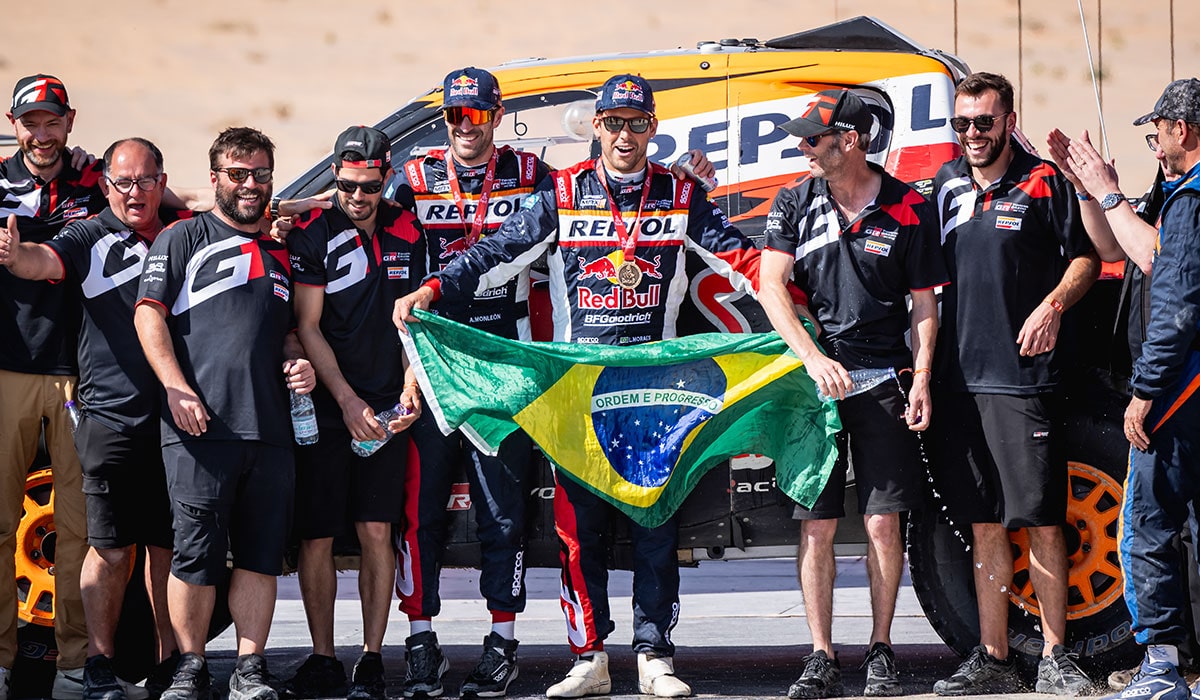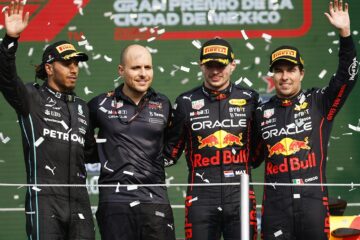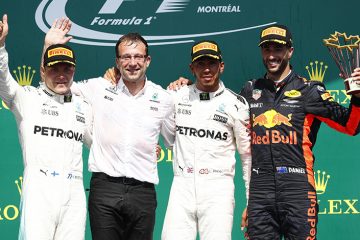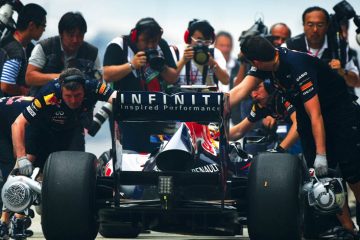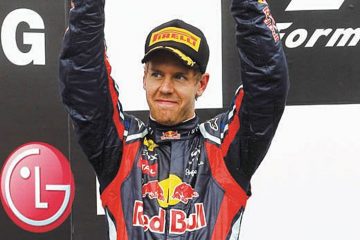Conquering The World’s Most Uninhabitable Place
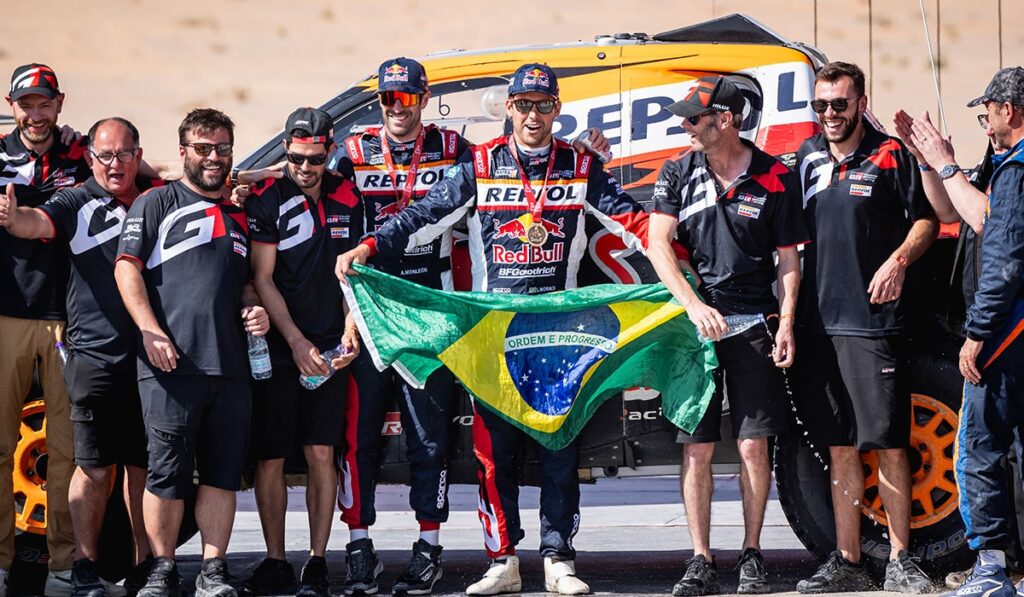
Australia’s Daniel Sanders overcomes the elements and the limits of human endurance by winning the 2025 Dakar Bike Rally.
The Empty Desert, or Rub’ al Khali, occupying the southern third of the Arabian Desert, is clearly the world’s most inhospitable and forbidding place. The desert covers some 650,000 square kilometres, is 1,000 kilometres long by 500 kilometres wide and is one of the planet’s most aptly named geographic locations as it is completely empty.
With annual precipitation of less than 50 millimetres, the region is classified as hyper-arid, and it has been used by the U.S. Air Force to test its desert-survival survival procedures. The first documented journeys by non-resident explorers were made less than 100 years ago; as recently as 2006, a Saudi Arabian expedition discovered 31 new plant species and 24 species of birds there. The Empty Desert is foreign to humankind and not a place you’d want to find yourself — that is, unless you have a spirit of adventure, inner fortitude and passion for off-road motorbike racing, such as the people participating in the Dakar Bike Rally, who are eager to take on the extreme temperatures and a racing distance of more than 5,000 kilometres over two brutal weeks in one of the most stringent tests of the endurance of both human and machine.
People such as Australian Daniel Sanders, who emerged as the overall winner of the 2025 Dakar Rally, the 20th victory for his Red Bull KTM Factory Racing team. A model of consistency over the fortnight, Sanders won five of the Rally’s 12 stages, for the biggest win of his accomplished career as one of world’s top bike racers.
“Winning this race feels massive,” said Sanders after conquering The Empty Desert for the first time. “When I came over the last dune and saw the bivouac, I got instant chills through the whole body. All the emotions just started coming through! The Dakar is the biggest off-road bike race in the world.”
“Off-road” is putting it mildly for the world’s toughest rally and motorsport’s mightiest challenge, battling the deserts of Saudi Arabia, with one single stage, the 48-hour Chrono, covering nearly 1,000 kilometres spread over two days. It is a stage that requires two riders to spell each other off, and this year it was won by new category debutant Rokas Baciuska and his co-driver Oriol Mena of the Toyota Hilux team.
Pushing Sanders to the overall victory was his Red Bull KTM Factory teammate Luciano Benavides, who won two stages in the rally’s second week. The Argentinian eventually had to settle for fourth overall, his best-ever Dakar finish, but he’s looking for more.
“To get close to the front, you must risk everything, and it’s not easy to finish in one piece,” said Benavides. “It was a really tough Dakar, but I’m happy with how I rode. This has been my best Dakar performance by far, and I will not stop until I win this race.”
There is a special inner drive for those who compete in athletic tests — just to see if they can finish in one piece. It separates all great athletes and sportsmen from the rest of us. They understand the risk, welcome the challenge and have that special fortitude that sets them apart, and some demonstrate these skills at a very early age.
Such as the breakout star at this year’s Dakar Rally, Edgar Canet, who is just 19 years old. At an age when most of the rest of us were staring blankly at a university orientation map, the rookie was a last-minute recruit of Red Bull KTM Factory Racing and raced in the Rally2 category due to his lack of experience. Not only did Canet win the Rally2, but he finished eighth overall, a sign of a very promising future at the top of motorsports.
“For two weeks, I’ve only been thinking about arriving at the finish,” said the fresh-faced Canet. “Finishing eighth overall and winning in Rally2 is a dream come true. Also, my teammate Daniel Sanders wins the overall so I’m super happy with that.”
That special drive and determination, honed by exceptional talent and skill, is what it takes to not only survive but to thrive at the Dakar Bike Rally, a 7,700-kilometre test of humans against nature, and the greatest challenge in motorsports.











































































